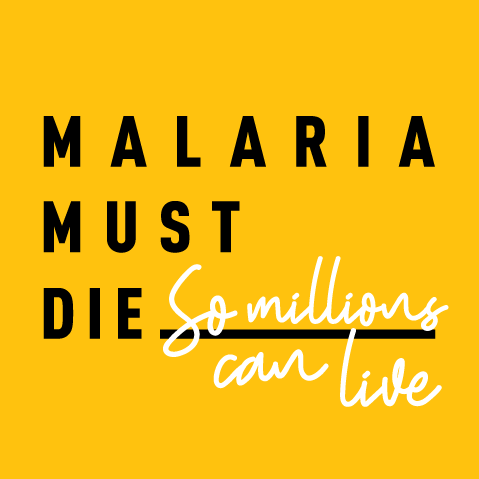Hussein Omar grew up and started his career in Sudan before leaving in 1989 due to the instability in the region at the time. He has worked as an academic adviser for the Saudi embassy in London, then at the BBC, as well as the Al-Jazeera TV channel. He has been active in the field of human rights, joining Amnesty International and Africa Watch. He has lived in both London and Dubai and is now media consultant and producer for Middle Eastern TV shows. He sees himself as a campaigner, an academic, and a family man.
Hussein was raised in an agricultural, cotton-growing area of Sudan the size of the UK, which was rife with malaria due to both crop irrigation and rainy seasons creating a richly fertile breeding ground for mosquitos. Childhood bouts of malaria struck on a monthly basis, affecting both him and his schoolfriends, and he saw many lives lost. “The region I grew up in was infested with malaria, we were all fighting it and I have had terrible experiences with it during my life,” he says. Sudan made great progress fighting malaria between 2000 and 2010 but in recent years progress has stalled. One of the major challenges the country faces is the rise of insecticide resistance. Hussain adds: “Although there are advancements in medicine, it still poses a big threat.”
He recalls one year when he suffered six malaria attacks within 12 months. “The experience is really horrible because once you have malaria, you can’t do anything, and recovery takes a long time. And it spreads even in urban centres because I think the sewage and lack of hygiene is worse. Somewhere in the world, a life is lost every two minutes to malaria, particularly among the young and vulnerable.
“It’s one thing getting the medication, but not everybody can afford it. And people are desperate and will try anything. In rural areas I have seen people boil bitter leaves or grapefruit shells which they then drink. And they take paracetamol alongside whatever other substances they can get their hands on to cope with the fever, headaches and aches.”
Hussein was encouraged when asked to lend a hand to the Malaria Must Die campaign and pleased to add his own first-hand account alongside the support of well-known inspirational people. “We need more money, more funds, more volunteers. We have to encourage governments for whom healthcare is sometimes not a priority. We need to put more pressure on leaders to provide more funds. We have a lot of volunteers willing to work for free, but they need more support.”
BACKGROUND
According to Malaria Consortium, approximately 95% of South Sudan is endemic of malaria, with high transmission in the country throughout the year. This means there are currently 2,300,000 people at risk of malaria across the country. Malaria accounts for 20-40% of all health facility visits, 30% of all hospital admissions, and is a leading cause of death. Malaria is the leading cause of illness and death in children under five years old in Southern Sudan and a common cause of absenteeism from school.
